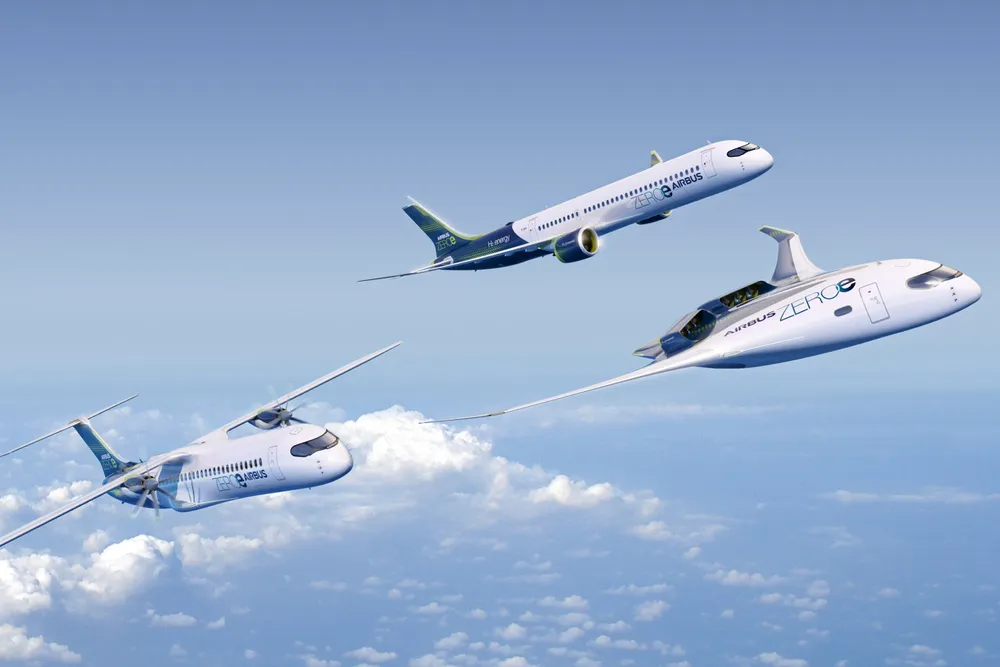EasyJet, Airbus and Rolls-Royce launch new 'Hydrogen in Aviation' lobby group to accelerate zero-carbon flight
The alliance will ‘work to ensure the UK capitalises on the huge opportunity H2 presents’

The alliance will ‘work to ensure the UK capitalises on the huge opportunity H2 presents’
